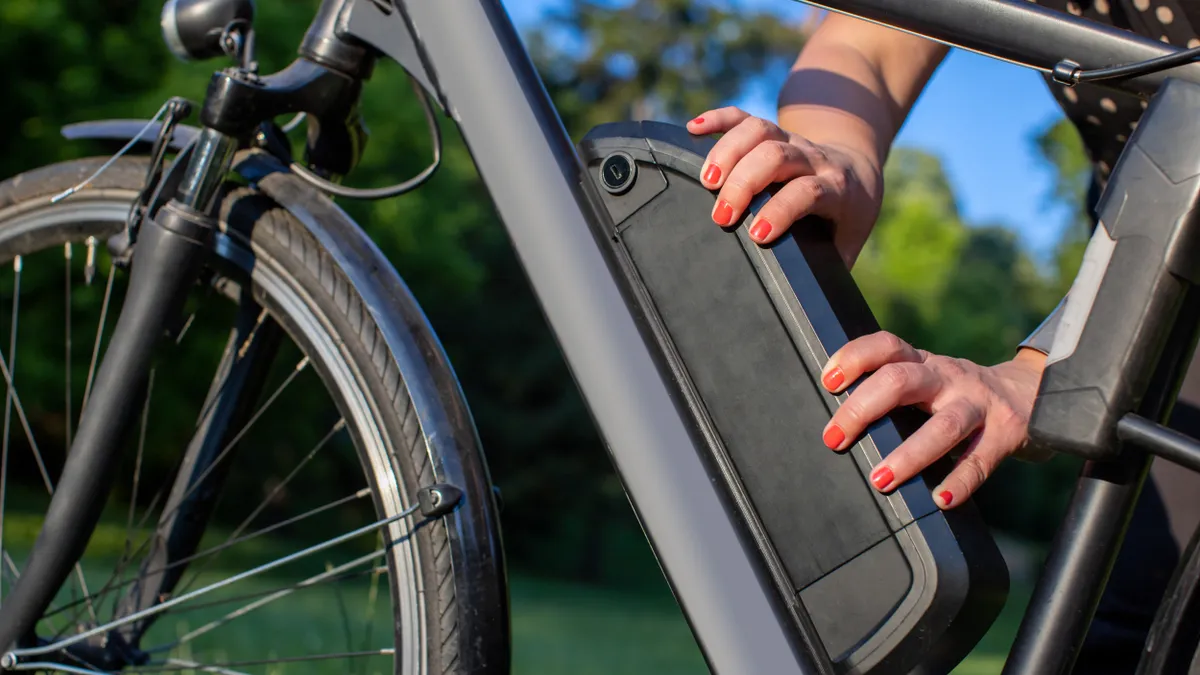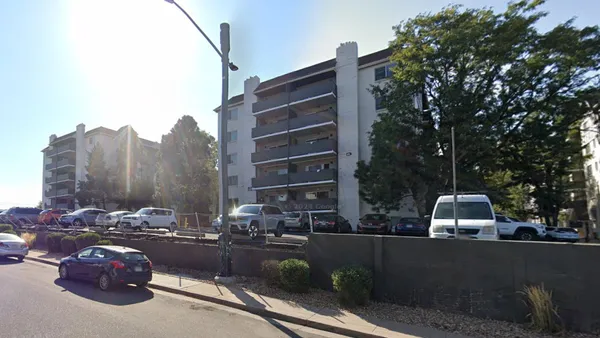Dive Brief:
- So far this year, there have been nearly 200 fires and six deaths in New York City caused by the lithium-ion batteries used in mobility devices such as electric bikes and scooters, according to the New York City Fire Department.
- In the wake of these fires, the New York City Council held a hearing last month looking at the danger posed by poorly made, refurbished or improperly charged batteries. Currently, the city limits five large lithium-ion batteries to a single residence, according to Spectrum News in New York. While the vast majority of media coverage around fires has focused on problems in New York, cities like San Francisco also have experienced issues, according to television station KABC.
- As the number of fires increase, landlords in New York City such as Glenwood Management are considering bans on electric bikes and scooters, according to Axios.
Dive Insight:
As the use of electric bikes and scooters expands, the danger posed by defective or damaged lithium-ion batteries is coming into view. If the batteries suffer damage from being dropped or hit too hard, improperly stored or poorly manufactured, they can create “a ton of heat” when being charged, resulting in a fire, according to Brian O'Connor, the fire protection engineer at the National Fire Protection Association, a Quincy, Massachusetts–based nonprofit devoted to fire safety.
“They all have very similar failures,” O'Connor said. “They catch on fire, produce a lot of toxic and flammable gas and a ton of heat. They often produce their own oxygen as well. So when these things burn, they burn really, really quickly. And they can fail with very little notice. They're becoming quite an issue, especially in dense urban areas.”
Despite the risks, the decision to ban electric bikes and scooters isn’t easy for property operators and government officials. That’s especially true in New York City, where service workers rely on electric bikes and scooters to make deliveries.
In July, the New York City Housing Authority banned residents and their guests from keeping or charging e-bike batteries in apartments or common areas of its buildings. But after protests from delivery workers and their allies, NYCHA reversed the policy in October.
“There is no new rule in place and therefore, no date for implementation,” NYCHA spokesperson Rochel Leah Goldblatt told Streetsblog NYC. “We are continuing our technical research and meeting with experts and stakeholders to determine the best course of action moving forward. The safety of our residents is our priority, and we are working with our partners in the city to provide safe homes to our residents.”
Battery safety
While the popularity of e-bikes and scooters is not limited to New York City, O'Connor said he does not know if other major cities are considering legislation that would restrict their use in residential buildings.
While the NFPA doesn’t make a recommendation about whether building operators should ban electric bikes and scooters, it wants to educate owners of these devices. O'Connor recommends bike and scooter owners read and understand their owner’s manual, make sure their battery has been tested by an organization like Underwriters Laboratories and only use the batteries and charging equipment that came with the device.
“One of the biggest things is that people aren't aware that these are a fire hazard,” O'Connor said. “We're not going to sleep with a tank of propane next to our bed, but we sleep with one of these next to our beds. And it turns out, they're very similar fire loads.”
Click here to sign up to receive multifamily and apartment news like this article in your inbox every weekday











